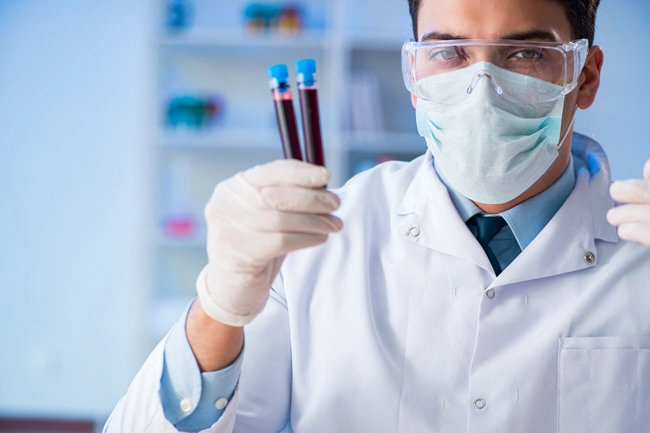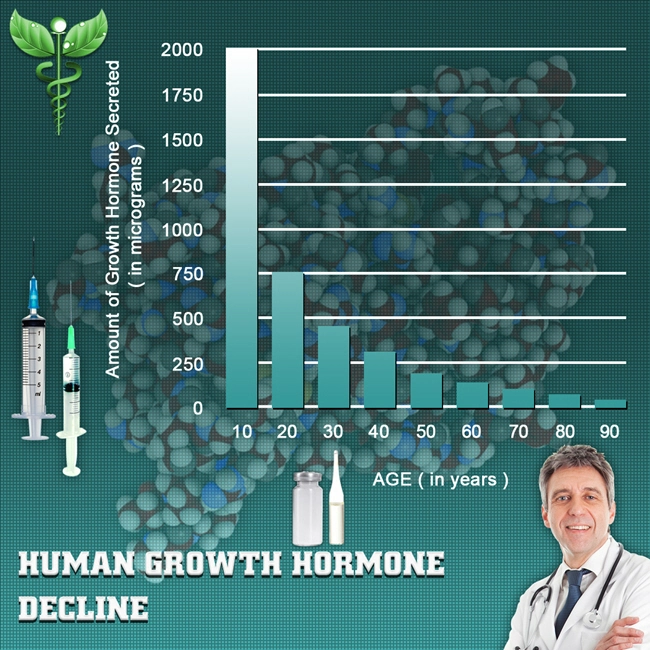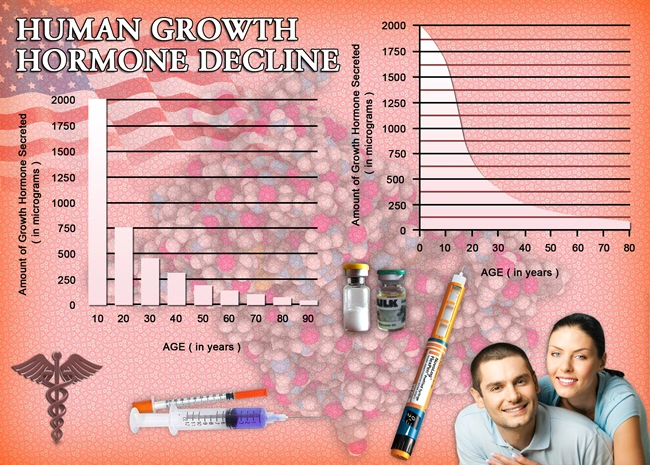
Introduction to Prostate Cancer
Prostate cancer remains one of the most prevalent cancers among American men, with significant implications for health and quality of life. Early detection and treatment are crucial, but in cases where initial therapies fail, salvage therapy emerges as a critical intervention. This article delves into the role of salvage therapy in managing prostate cancer, emphasizing its importance in the context of American men's health.
Understanding Salvage Therapy
Salvage therapy refers to a secondary treatment approach used when the primary treatment for prostate cancer, such as surgery or radiation, does not fully eradicate the disease. This therapy is essential for patients experiencing biochemical recurrence, where prostate-specific antigen (PSA) levels rise after initial treatment, indicating the presence of residual or recurrent cancer.
Types of Salvage Therapy
Several types of salvage therapy are available, each tailored to the specific needs and conditions of the patient. Salvage radical prostatectomy is a surgical option for men who have previously undergone radiation therapy. This procedure aims to remove the prostate gland and any surrounding cancerous tissue. Alternatively, salvage radiation therapy can be employed for patients who have had a prostatectomy but show signs of cancer recurrence. Additionally, salvage cryotherapy, which involves freezing the prostate tissue to destroy cancer cells, and salvage high-intensity focused ultrasound (HIFU) are less invasive options that may be considered.
Efficacy and Considerations
The efficacy of salvage therapy varies depending on the type of treatment and the individual patient's condition. Salvage radical prostatectomy, for instance, has been shown to achieve cancer control in a significant percentage of patients, though it comes with a higher risk of complications such as urinary incontinence and erectile dysfunction. Salvage radiation therapy, on the other hand, can effectively control cancer in many cases, but it may also lead to side effects like bowel and bladder issues.
When considering salvage therapy, it is crucial for patients to discuss the potential benefits and risks with their healthcare providers. Factors such as the patient's overall health, the extent of cancer recurrence, and previous treatments will influence the choice of salvage therapy.
The Importance of Early Detection
Early detection of prostate cancer recurrence is vital for the success of salvage therapy. Regular monitoring of PSA levels and follow-up imaging studies can help identify recurrence at an early stage, increasing the likelihood of successful treatment. American men are encouraged to maintain regular check-ups and adhere to their healthcare provider's recommendations for monitoring and follow-up care.
Psychological and Emotional Support
The journey through prostate cancer and salvage therapy can be emotionally taxing for patients and their families. It is important for American men to seek psychological and emotional support during this time. Support groups, counseling, and resources from organizations like the American Cancer Society can provide invaluable assistance in coping with the challenges of cancer treatment.
Conclusion: A Proactive Approach to Prostate Health
Salvage therapy plays a pivotal role in the management of prostate cancer for American men, offering hope and a potential path to recovery when initial treatments fall short. By understanding the options available and maintaining a proactive approach to prostate health, men can better navigate the complexities of cancer treatment and improve their chances of a favorable outcome. Regular screenings, open communication with healthcare providers, and a strong support network are essential components of a comprehensive strategy to combat prostate cancer.
Contact Us Today For A Free Consultation
Dear Patient,
Once you have completing the above contact form, for security purposes and confirmation, please confirm your information by calling us.
Please call now: 1-800-380-5339.
Welcoming You To Our Clinic, Professor Tom Henderson.

- Prostate Health in Aging American Men: Understanding Conditions and Maintaining Wellness [Last Updated On: March 4th, 2025] [Originally Added On: March 4th, 2025]
- Prostate Health: Key Foods to Reduce Cancer Risk and Promote Wellness [Last Updated On: March 17th, 2025] [Originally Added On: March 17th, 2025]
- Family History and Prostate Health: Understanding Genetic Risks and Early Detection [Last Updated On: March 18th, 2025] [Originally Added On: March 18th, 2025]
- Prostate Health and Heart Disease: Vital Connections for American Men's Health [Last Updated On: March 18th, 2025] [Originally Added On: March 18th, 2025]
- Prostate Cancer Survivorship: Navigating Life After Treatment for American Men [Last Updated On: March 19th, 2025] [Originally Added On: March 19th, 2025]
- Exercise Strategies for Enhancing Prostate Health in American Males [Last Updated On: March 19th, 2025] [Originally Added On: March 19th, 2025]
- Prostate Cancer's Psychological Impact on American Men: Diagnosis to Survivorship [Last Updated On: March 19th, 2025] [Originally Added On: March 19th, 2025]
- Prostate Cancer Screening: Balancing Benefits and Risks with Informed Decision-Making [Last Updated On: March 19th, 2025] [Originally Added On: March 19th, 2025]
- Prostate Health: Understanding Symptoms, Seeking Care, and Lifestyle Management [Last Updated On: March 20th, 2025] [Originally Added On: March 20th, 2025]
- Prostate Cancer Treatments: Understanding and Managing Side Effects in American Men [Last Updated On: March 20th, 2025] [Originally Added On: March 20th, 2025]
- Benign Prostatic Hyperplasia: Symptoms, Causes, and Management for American Men [Last Updated On: March 21st, 2025] [Originally Added On: March 21st, 2025]
- Chronic Stress and Prostate Health: Risks and Management Strategies for American Men [Last Updated On: March 21st, 2025] [Originally Added On: March 21st, 2025]
- Prostate Health: Risks, Diet, Exercise, and Early Detection Strategies for American Men [Last Updated On: March 21st, 2025] [Originally Added On: March 21st, 2025]
- Prostate Cancer's Impact on Fertility: Treatments and Preservation Strategies [Last Updated On: March 22nd, 2025] [Originally Added On: March 22nd, 2025]
- Exercise and Diet: Enhancing Prostate Health in American Males [Last Updated On: March 22nd, 2025] [Originally Added On: March 22nd, 2025]
- Alcohol Consumption's Impact on Prostate Health: Risks and Moderation Guidelines [Last Updated On: March 22nd, 2025] [Originally Added On: March 22nd, 2025]
- Radiation Therapy: A Key Treatment for Prostate Cancer in American Males [Last Updated On: March 22nd, 2025] [Originally Added On: March 22nd, 2025]
- Hormone Therapy's Role in Managing Prostate Cancer for American Men [Last Updated On: March 23rd, 2025] [Originally Added On: March 23rd, 2025]
- Vitamin D's Role in Prostate Health: Insights for American Males [Last Updated On: March 23rd, 2025] [Originally Added On: March 23rd, 2025]
- Prostate Cancer: Navigating Diagnosis and Support for American Men [Last Updated On: March 23rd, 2025] [Originally Added On: March 23rd, 2025]
- Immunotherapy Revolutionizing Prostate Cancer Treatment for American Men [Last Updated On: March 24th, 2025] [Originally Added On: March 24th, 2025]
- Pesticides and Prostate Health: Risks and Mitigation Strategies for American Males [Last Updated On: March 24th, 2025] [Originally Added On: March 24th, 2025]
- Active Surveillance: Managing Low-Risk Prostate Cancer in American Men [Last Updated On: March 24th, 2025] [Originally Added On: March 24th, 2025]
- Targeted Therapy: A New Hope in Prostate Cancer Treatment for American Men [Last Updated On: March 24th, 2025] [Originally Added On: March 24th, 2025]
- Avoiding Key Foods to Maintain Prostate Health in American Men [Last Updated On: March 24th, 2025] [Originally Added On: March 24th, 2025]
- Brachytherapy: Targeted Treatment for Prostate Cancer in American Men [Last Updated On: March 25th, 2025] [Originally Added On: March 25th, 2025]
- HIFU: A Promising Non-Invasive Treatment for Prostate Cancer in American Men [Last Updated On: March 25th, 2025] [Originally Added On: March 25th, 2025]
- Omega-3 Fatty Acids: A Key to Prostate Health in American Males [Last Updated On: March 25th, 2025] [Originally Added On: March 25th, 2025]
- Proton Therapy: A Targeted Approach to Prostate Cancer Treatment in American Men [Last Updated On: March 25th, 2025] [Originally Added On: March 25th, 2025]
- Chemotherapy's Role and Impact on American Men with Prostate Cancer [Last Updated On: March 25th, 2025] [Originally Added On: March 25th, 2025]
- Antioxidants and Prostate Health: A Comprehensive Guide for American Men [Last Updated On: March 25th, 2025] [Originally Added On: March 25th, 2025]
- Sleep Quality's Impact on Prostate Health: A Vital Connection for American Men [Last Updated On: March 25th, 2025] [Originally Added On: March 25th, 2025]
- Environmental Factors and Their Impact on Prostate Health in American Males [Last Updated On: March 25th, 2025] [Originally Added On: March 25th, 2025]
- Lycopene: A Key Nutrient for Prostate Health in American Men [Last Updated On: March 25th, 2025] [Originally Added On: March 25th, 2025]
- Prostate Cancer Stages and Grades: A Comprehensive Guide for American Men [Last Updated On: March 25th, 2025] [Originally Added On: March 25th, 2025]
- Chronic Inflammation's Impact on Prostate Health in American Males: Prevention and Awareness [Last Updated On: March 25th, 2025] [Originally Added On: March 25th, 2025]
- Heavy Metals and Prostate Health: Risks, Impacts, and Preventive Measures [Last Updated On: March 25th, 2025] [Originally Added On: March 25th, 2025]
- CyberKnife: Advanced Non-Invasive Treatment for Prostate Cancer in American Men [Last Updated On: March 26th, 2025] [Originally Added On: March 26th, 2025]
- Prostate and Bone Health: Vital Connections and Management Strategies for American Men [Last Updated On: March 26th, 2025] [Originally Added On: March 26th, 2025]
- Palliative Care's Vital Role in Enhancing Prostate Cancer Patients' Quality of Life [Last Updated On: March 27th, 2025] [Originally Added On: March 27th, 2025]
- Hydration's Vital Role in Prostate Health for American Males [Last Updated On: March 27th, 2025] [Originally Added On: March 27th, 2025]
- Prostate Cancer and Cryotherapy: A Minimally Invasive Treatment Option for American Men [Last Updated On: March 27th, 2025] [Originally Added On: March 27th, 2025]
- Vitamin E's Role in Prostate Health: Benefits and Considerations for American Males [Last Updated On: March 27th, 2025] [Originally Added On: March 27th, 2025]
- Photodynamic Therapy: A Promising, Less Invasive Treatment for Prostate Cancer in American Men [Last Updated On: March 27th, 2025] [Originally Added On: March 27th, 2025]
- Selenium's Role in Prostate Health: Benefits and Dietary Sources [Last Updated On: March 28th, 2025] [Originally Added On: March 28th, 2025]
- Plastics' Impact on Prostate Health: BPA, Phthalates, and Preventive Measures [Last Updated On: March 28th, 2025] [Originally Added On: March 28th, 2025]
- Zinc's Vital Role in Prostate Health for American Males: Benefits and Sources [Last Updated On: March 28th, 2025] [Originally Added On: March 28th, 2025]
- Green Tea Benefits for Prostate Health in American Males: Prevention and Management [Last Updated On: March 28th, 2025] [Originally Added On: March 28th, 2025]
- Chemoprevention Strategies for Prostate Cancer Prevention in American Men [Last Updated On: March 28th, 2025] [Originally Added On: March 28th, 2025]
- Air Pollution's Impact on Prostate Health: Risks and Mitigation Strategies [Last Updated On: March 29th, 2025] [Originally Added On: March 29th, 2025]
- Prostate Cancer Management: Understanding Watchful Waiting for Low-Risk Patients [Last Updated On: March 30th, 2025] [Originally Added On: March 30th, 2025]
- Prostate Cancer Surgery: Understanding Radical Prostatectomy and Its Impact [Last Updated On: March 31st, 2025] [Originally Added On: March 31st, 2025]
- Cruciferous Vegetables: Enhancing Prostate Health in American Males [Last Updated On: April 1st, 2025] [Originally Added On: April 1st, 2025]
- EMF Exposure and Prostate Health: Risks and Mitigation Strategies for American Males [Last Updated On: April 2nd, 2025] [Originally Added On: April 2nd, 2025]
- Robotic Surgery for Prostate Cancer: Benefits, Procedure, and Recovery Insights [Last Updated On: April 4th, 2025] [Originally Added On: April 4th, 2025]
- Focal Therapy: A Promising, Less Invasive Option for Prostate Cancer in American Men [Last Updated On: April 4th, 2025] [Originally Added On: April 4th, 2025]
- Endocrine Disruptors and Prostate Health: Risks and Mitigation Strategies for American Males [Last Updated On: April 7th, 2025] [Originally Added On: April 7th, 2025]
- Laparoscopic Surgery: A Minimally Invasive Option for Prostate Cancer Treatment [Last Updated On: April 8th, 2025] [Originally Added On: April 8th, 2025]
- Industrial Chemicals' Impact on Prostate Health: Risks and Prevention Strategies [Last Updated On: April 8th, 2025] [Originally Added On: April 8th, 2025]
- Soy Isoflavones: A Dietary Approach to Enhancing Prostate Health in American Males [Last Updated On: April 10th, 2025] [Originally Added On: April 10th, 2025]









